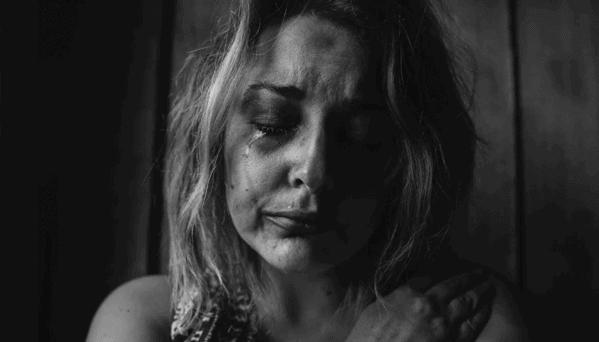Depression is one of the most common mental health issues experienced, which means that many of us will likely be affected by depression at some point in our lives. However, despite its commonness, because of a general lack of information, there are many persistent myths about depression.
Let’s start at the beginning – what is depression? Basically, depression is a mental health disorder associated with alterations in one’s mood. There are two primary symptoms of depression: change in mood and loss of interest in things that you once enjoyed. Most people experience a sad mood that persists throughout the day for days or even weeks at a time. At times, people feel irritable rather than sad, which is especially common in teenagers. This sadness or irritation is often accompanied by a lack of motivation, primarily due to a general loss of pleasure, as things once enjoyed no longer feel good or interesting.
Though these symptoms are primary and most universal, people experiencing depression often notice other symptoms as well. One might experience a change in appetite, eating a lot more or a lot less than previously. This change can result in either unintentional weight gain or weight loss. Sleep patterns may also be affected including difficulty falling asleep or feeling rested after sleeping, known as insomnia, or hypersomnia, which is defined as sleeping in excess. Depression might also affect one’s energy, increasing feelings of fatigue or difficulty concentrating and staying on task. In more severe cases, one might notice a lack of energy to do things like eat, get out of bed, or maintain basic hygiene.
Often, depression affects the way we think and we feel about ourselves as well. Many people with depression experience recurring thoughts of worthlessness and guilt. They may blame themselves excessively for perceived or imaginary failings or judge themselves very harshly. Additionally, some experiencing depression beginning to contemplate suicide. While some might plan or attempt suicide, others may find themselves thinking persistently about death or dying. If you or someone you know has expressed or thought suicidal ideas, it is important to seek help right away.
Am I depressed? Please read the following symptoms checklist, and notice that if you answer yes to some or several of the questions, you could benefit from meeting with one of our Cary counselors.
Do I…
Feel sad most of the day most days of the week?
No longer feel interested in things that I used to enjoy?
Feel fatigued or lacking in energy?
Have difficulties concentrating or paying attention?
Feel distracted?
Notice changes in appetite/weight?
Notice changes in my sleep patterns?
Feel worthless?
Feel guilty for something out of proportion?
Think about death or suicide?
It is important to recognize the difference between depression and a bad mood. A bad mood usually passes quickly, rarely lasting for more than a few days at most. A bad mood might impact us for a day or so significantly, but then it fades, while depression persists. Additionally, a bad mood rarely impacts us as significantly as depression does in other aspects of our lives. One way that we can better identify depression is to look at daily functioning: do you feel that you have difficulty when attempting to work, study, socialize, maintain your routine? If you are struggling in these day-to-day areas, a depression counselor may help.
Another important difference is that a bad mood usually has a specific trigger while depression may seem to appear on its own. This can be difficult to identify, as many times, depression appears to have triggers, as well. Stress or difficult life events may lead to the appearance of depression that persists even once the situation is resolved. Chronic stress has been identified as a risk factor for developing depression. However, depression can also appear when everything seems fine, and does not always depend on an external trigger. It’s important to be award of this because many people experiencing depression without a trigger feel especially guilty. If everything is fine, why can’t I feel fine?
Another aspect of depression that is important to consider is treatment. Today, there are many options for the treatment of depression. The main option is therapy or counseling. This is an effective way to treat depression that results in improvement in many cases. Therapy is effective for several reasons:
It addresses the symptoms of depression and the unhealthy thought patterns that may contribute to one’s symptoms. It also helps you learn better coping skills and improve other aspects of your life, which reduce the likelihood of the recurrence of depressive symptoms, making it easier for one to deal with stress and other difficulties that present in the future.
Another treatment approach is medication, which is beneficial for some. Antidepressants can normalize one’s brain chemistry, which help to relieve the symptoms of depression. People respond to medication differently, so being patient and finding the right one for you is important. Depression and medication can be combined effectively, but counseling is always recommended to improve one’s resilience and reduce the likelihood of remission. Please speak to your counselor about medications and voice your thoughts about this type of treatment. A depression counselor is trained to assist in making recommendations and referrals for medication assessments, or in clarifying your thoughts, questions, and concerns about medication.
Seeking help for depression is important. Untreated, depression can continue to impact one’s life in difficult ways. Depression is not simply a bad mood or a lack of willpower, but a significant and serious mental health issue. Seeking counseling now is important, and early intervention is key.

